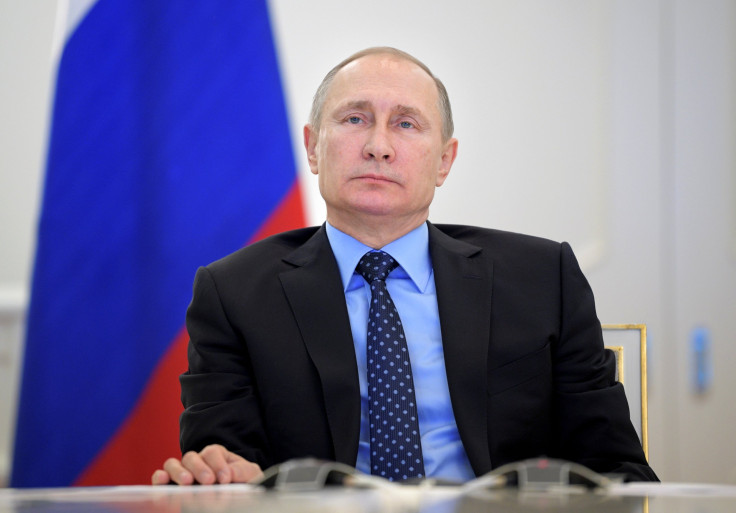Does The US Trade With Russia? How Sanctions Affect Commerce Between The Two Countries

The morning after President Barack Obama issued an executive order expelling 35 Russian officials from the U.S., shutting down U.S.-based Russian compounds and sanctioning Russian intelligence services, his counterpart in Moscow, President Vladimir Putin, appearing to lean on expectations of improved relations with the incoming administration, said he would not retaliate.
While these sanctions predominantly concern security officials and entities, previous penalties against Russia—for its annexation of Crimea and its downing of Malaysia Airlines flight MH17—have targeted Russia’s economy and business leaders, providing ample room for improvement in Russian-American trade relations.
The U.S. has long held a trade deficit with Russia, meaning it has imported more goods than it has exported, but that deficit has dropped over the past five years, from $26.3 billion in 2011 to just $6.7 billion as of October 2016, according to data from the Department of Commerce’s Bureau of Industry and Security, as well as more recent data from the U.S. Census Bureau.
Both imports and exports have also declined over the same period, with the value of products coming to the U.S. from Russia falling by two-thirds, to $11.7 billion from $34.6 billion in 2011, and products shipped to Russia from the U.S. declining by about 40 percent, to just under $5 billion from $8.3 billion, over the same period, according to the two bureaus.
While U.S. gross domestic product growth has climbed above pre-recession levels over the past couple of years, Russia’s GDP growth rate dropped below 1 percent in 2014 and went starkly negative in 2015. Many consider the primary element shrinking Russia’s economy to be a two-and-a-half-year drop in oil prices, something the Western sanctions have exacerbated. A State Department official, for example, told Reuters in January that the sanctions likely caused “about 1 to 1.5 percent” of the shrinkage.
President-elect Donald Trump is widely expected to take a far less adversarial stance on Russia compared to that of the Obama’s administration, as the real estate billionaire’s nominee for secretary of state, Exxon Mobil Corp. Chief Executive Rex Tillerson, has been awarded Russia’s Order of Friendship medal for his vocal opposition to U.S. sanctions against Moscow, which essentially froze Exxon’s investment in the country. Trump has also encouraged the alleged cyberattacks by Russian hackers that provoked Obama’s most recent round of sanctions.
Putin appeared to take these details into account in his Friday response.
“We won’t create problems for American diplomats,” he said in a statement, according to the Washington Post, adding that he would “plan further steps for restoring the Russian-American relationship based on the policies enacted by the administration of President Donald Trump.”
© Copyright IBTimes 2025. All rights reserved.






















